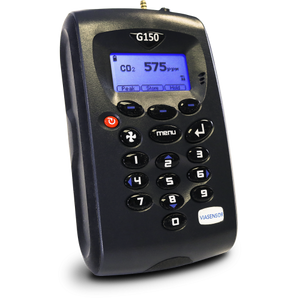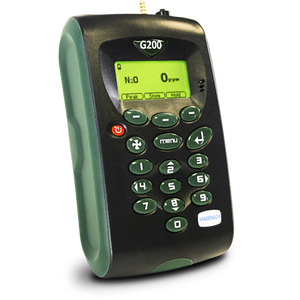News
Precision Under Pressure: Why Accuracy in Blood Gas Analysis Still Matters

When every second counts, precision in diagnostics isn’t optional — it’s life-saving. A new study evaluating three leading arterial blood gas (ABG) analyzers reminds us just how critical reliability is in medical technology. Using the triad that drives modern respiratory care, Clinical Laboratory Improvement Amendment (CLIA) standards, researchers are comparing analyzers’ performance for pH, carbon dioxide (PCO₂), and oxygen (PO₂).
The results were telling: while all analyzers performed well for oxygen and carbon dioxide, pH measurements exposed weaknesses even in top-tier systems. The study found that relying solely on Total Error (TE), a traditional benchmark for accuracy, can mask deeper inconsistencies. Enter Sigma Metrics (SM), a Six-Sigma-derived tool that goes beyond error rates to evaluate both precision and long-term reliability.
When TE and SM were used together, researchers discovered a powerful predictive relationship between accuracy and sustained performance. In short, it’s not enough for an analyzer to be “within range”, it needs to stay consistent under pressure. The finding echoes a growing movement in clinical labs: adopting multi-dimensional metrics to ensure diagnostic integrity and improve patient outcomes.
At Viasensor.info, that same commitment to accuracy underlies every innovation in gas measurement. From CO₂ analyzers in hospitals to environmental and industrial gas monitoring, we believe measurement should never leave room for doubt. Precision isn’t just a number — it’s the foundation of trust in every test result.
Explore how Viasensor.info’s CO₂ and gas-measurement technologies support smarter diagnostics and cleaner environments. Visit Viasensor.info to learn how precision-driven solutions can help you meet the next generation of clinical performance standards.


